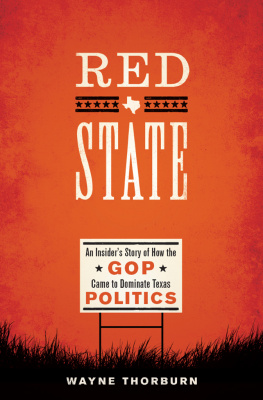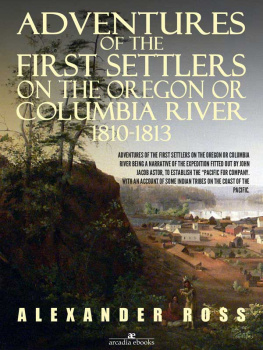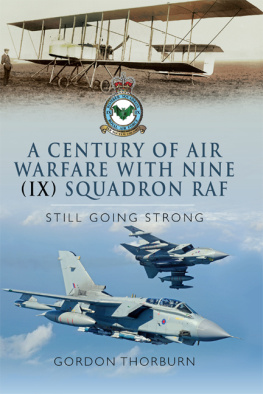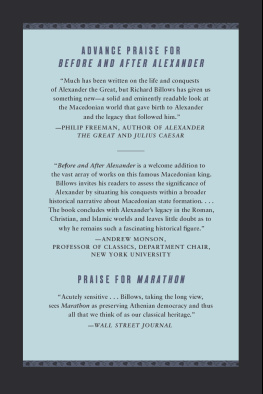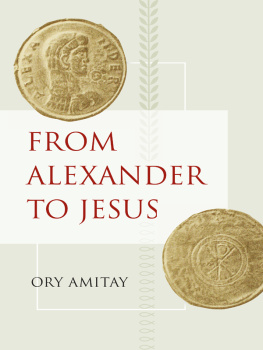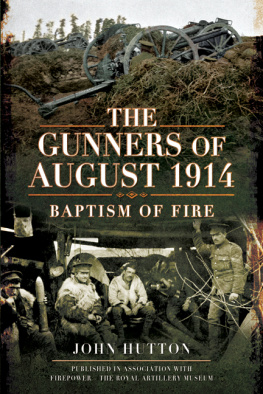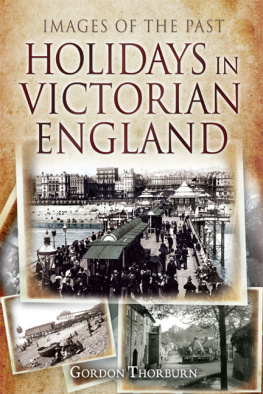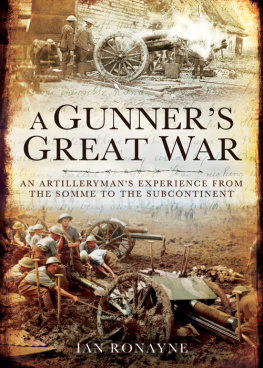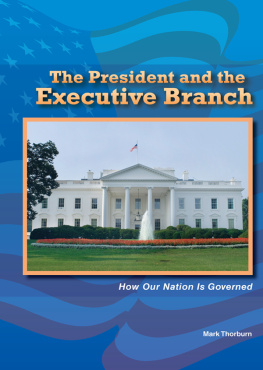

First published in Great Britain in 2014
By Pen and Sword Military
an imprint of
Pen and Sword Books Ltd
47 Church Street
Barnsley
South Yorkshire S70 2AS
Copyright Ian Ronayne, 2014
ISBN 978 1 78383 201 9
The right of Ian Ronayne to be identified
as the author of this work has been asserted by him in accordance
with the Copyright, Designs and Patents Act 1988.
A CIP record for this book is available from the British Library.
All rights reserved. No part of this book may be reproduced or transmitted
in any form or by any means, electronic or mechanical including photocopying,
recording or by any information storage and retrieval
system, without permission from the Publisher in writing.
Printed and bound in England by
CPI Group (UK) Ltd, Croydon, CR0 4YY
Typeset in Times New Roman by
Chic Graphics
Pen&Sword Books Ltd incorporates the imprints of
Pen&Sword Archaeology, Atlas, Aviation, Battleground, Discovery,
Family History, History, Maritime, Military, Naval, Politics, Railways,
Select, Social History, Transport, True Crime, and Claymore Press,
Frontline Books, Leo Cooper, Praetorian Press, Remember When,
Seaforth Publishing and Wharncliffe
For a complete list of Pen and Sword titles please contact
Pen and Sword Books Limited
47 Church Street, Barnsley, South Yorkshire, S70 2AS, England
E-mail:
Website: www.pen-and-sword.co.uk
Contents
Training
A civilian in uniform |
BEF Vimy Ridge, Roclincourt Sector
Novices |
BSF Salonica, Makukovo Salient
D/302 Brigade: feeling their feet |
EEF Palestine
C/268 Brigade: a competent battery |
BEF France 1918
D/44 Brigade: Hardshell gunners |
Armistice
Goodbye to all that |
Foreword
Brigadier C.W. Tadier, CBE,
former Director of Royal Artillery, 20072009
T here are many books that cover the First World War, but this one is very different. It is a first-hand account of an amateur gunner officer who between 1916 and 1918 fought in France and Belgium, and also in Greece, Egypt and Palestine. Alexander Douglas Thorburns articulate account of his batterys experience, throughout three years of war, is both telling and compelling. It is filled with amusing anecdotes and vignettes, as well as stories that will horrify. You will come away knowing the true meaning of the words stoic and heroic.
You follow Thorburn from mobilisation training in the UK, to victory in 1918. At that point, in his words: we were no more amateur gunners, but actually experienced hard-bitten soldiers with more experience of war as it is, among our little party, than was to be found in the entire British Army of pre-war days. This is an absorbing read which will allow you to see war through the eyes of a junior officer, both in his account as well as in his letters home. The book is one of extremes. One moment you will be reading about artillery bombardments, and then you will read how he was acquiring equipment from other units to improve their life on the front. And for those particularly interested in gunnery matters, read his Tips for Gunners in Part Three, some of which are relevant today.
Although Thorburn has written much about artillery life and gunnery, this book also highlights the importance of the animals which, amongst other things, pulled the guns and carried stores and rations, often under enemy fire. Not only the war horses, but also the many camels and mules that were used in the various campaigns. Throughout the book, you can see how reliant the men were on their animals a deep affection was formed. He even gives advice on the use and habits of camels and considers mules to be hard working hybrids, which he could not have done without!
If you have a desire to learn more about life in the trenches from an artillery perspective, discover how soldiers survived extraordinary hardships on a daily basis, and how an amateur soldier very soon became highly professional in the middle of a war, I would commend that you read this absorbing book you will not want to put it down.
Introduction
O ne of the fascinating aspects of the British Army that fought and eventually won the First World War is its diverse origins. In contrast to both allies and enemies that entered the conflict with huge trained armies, most of Britains soldiers were civilians when the war started in August 1914. As volunteers or conscripts, they joined the army with which Britain had gone to war: a small core of professional regular soldiers and a part-time home defence force, contemptuously nicknamed Saturday night soldiers. Yet together, these three groups formed the largest and arguably most successful army Britain ever fielded. It remains a remarkable fact, however, that the majority were purely amateurs there to do a job and to return home once it was finished.
Alexander Douglas Thorburn was firmly in the amateur camp, and evidentially proud to be there. To him, longstanding army practice and tradition meant little; what mattered was a sense of duty, willingness to work hard and the invaluable experience that comes from actually fighting a modern day war. He and millions of other men clearly brought these qualities to the British Army between 1914 and 1918, helping to shape it into a war-winning weapon. At the end of the fighting, however, most had returned quietly to civilian lives, proud of their achievements but determined to move on. Thorburn decided to do something different. He had also brought to the army a keen eye for detail, a lucid writing talent and an acerbic detachment from the professional soldiers with whom he served. These were put to good use in 1933 when publishing his wartime experiences and observations in the book Amateur Gunners. From it, and a recently discovered collection of his letters, we gain a remarkable and edifying personal account of one amateur soldiers First World War.
Thorburn had arrived in the world on 27 July 1882, the second and final child of Alexander Thorburn, a Scottish-born cotton broker, and Catherine Thorburn, an American from the then quiet Chicago suburb of Naperville, Illinois. At the time, the family lived in Kensington, London. By the start of the twentieth century, however, young Thorburn had moved with his parents and sister Nellie to Bebington on the Wirral. His fathers business appears to have thrived well enough to allow the family to employ two servants and send their son to public school. Thorburn followed up Charterhouse boarding school in Surrey with further education at Victoria University, Liverpool where he gained a second-class honours Classics degree in 1901. A language course at the University of Marburg completed his studies and also appear to have given him a zest for travel and language.
Thorburn started his working life as a schoolmaster, teaching French and classical history. By 1911, however, the family business had beckoned and he was working as a clerk at cotton brokers Thomas Thorburn&Co in Liverpool. The outbreak of war in August 1914 interrupted this career and he volunteered, along with more than two million others, to join the British Army.
Travel and language were clearly not the only interests held by Thorburn before the war. From his writings, we find a great passion for horses and horsemanship. This passion may have been instrumental in his decision to join a branch of the army in which horses and horsemanship played a pivotal role.


